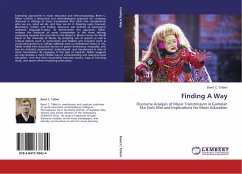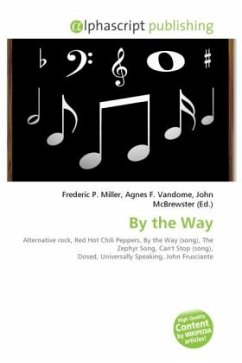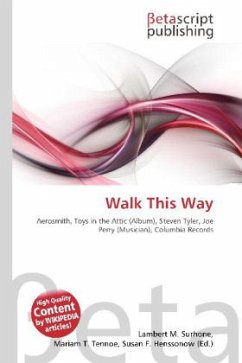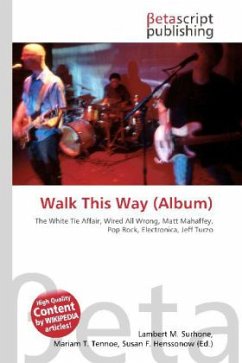Extending approaches in music education and ethnomusicology, Brent C. Talbot outlines a theoretical and methodological approach for analyzing discourse in settings of music transmission that takes into consideration who we are, what we do, and how we do it. Drawing upon Foucault, Blommaert, Scollon and Scollon, discourse was defined as meaningful, mediated language-in-place. To demonstrate this approach, Talbot analyzes the discourse of music transmission in the three settings comprising Gamelan Eka Sruti Illini in the Robert E. Brown Center for World Music at the University of Illinois. By analyzing acts of speech as well as cultural objects (such as instruments and mallets) and concepts (such as conducting gestures or solfege syllables) used as mediational means in situ, Talbot reveals how discursive sources of power dominance, inequality, and bias are initiated, perpetuated, (re)produced, and transformed in sites of music transmission. By engaging in this type of research, Talbot suggests we may develop a more flexible way of understanding and visioning music education one that blurs boundaries between musics, ways of knowing music, and spaces where musicking takes place.
Bitte wählen Sie Ihr Anliegen aus.
Rechnungen
Retourenschein anfordern
Bestellstatus
Storno








